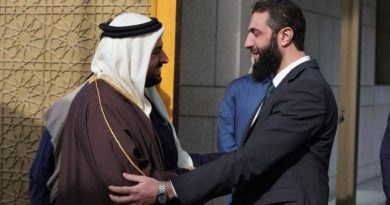India says Ukraine conflict trajectory, outlook very concerning
New Delhi (Reuters) – India told the U.N. Security Council on Thursday that the trajectory of the Ukraine conflict was very concerning and that the outlook was more so, as New Delhi sharpened its calls for peace.
As long-term trade and defence partners, India and Russia have sided with each other for years. India has stepped up purchases of oil and coal from Russia since the Ukraine war began in February.
India has not explicitly condemned Russia’s aggression but Prime Minister Narendra Modi told President Vladimir Putin last week that this cannot be an era of war, in his strongest public comment on the matter that was welcomed by the United States.
“The trajectory of the Ukraine conflict is a matter of profound concern for the entire international community,” India’s foreign minister, S. Jaishankar, said in New York. “The future outlook appears even more disturbing. The nuclear issue is of particular anxiety.”
Putin ordered Russia’s first wartime mobilisation since World War Two on Wednesday and threatened to use nuclear weapons to defend his country.
Jaishankar said surging costs and shortages of food grains, fuel and fertiliser could worsen with the escalation of the war, urging for an immediate end to hostilities and resumption of dialogue and diplomacy.
The United States has been trying to wean India off its decades-old heavy reliance on Russia for military equipment.
Several U.S. officials have visited India since the war, offering it more defence equipment to get it to reduce ties with Moscow and keep its energy imports from Russia in check.
Addressing university students on Wednesday, Jaishankar said the world still needs nations that take independent positions in international matters, adding that India had made “remarkable progress” in ties with the United States under Modi.
“The world today requires independent countries, independent-minded countries who take positions,” Jaishankar said. “The politics of the last six months have shown that there is a space out there for countries who are not part of a very polarised scenario.”



